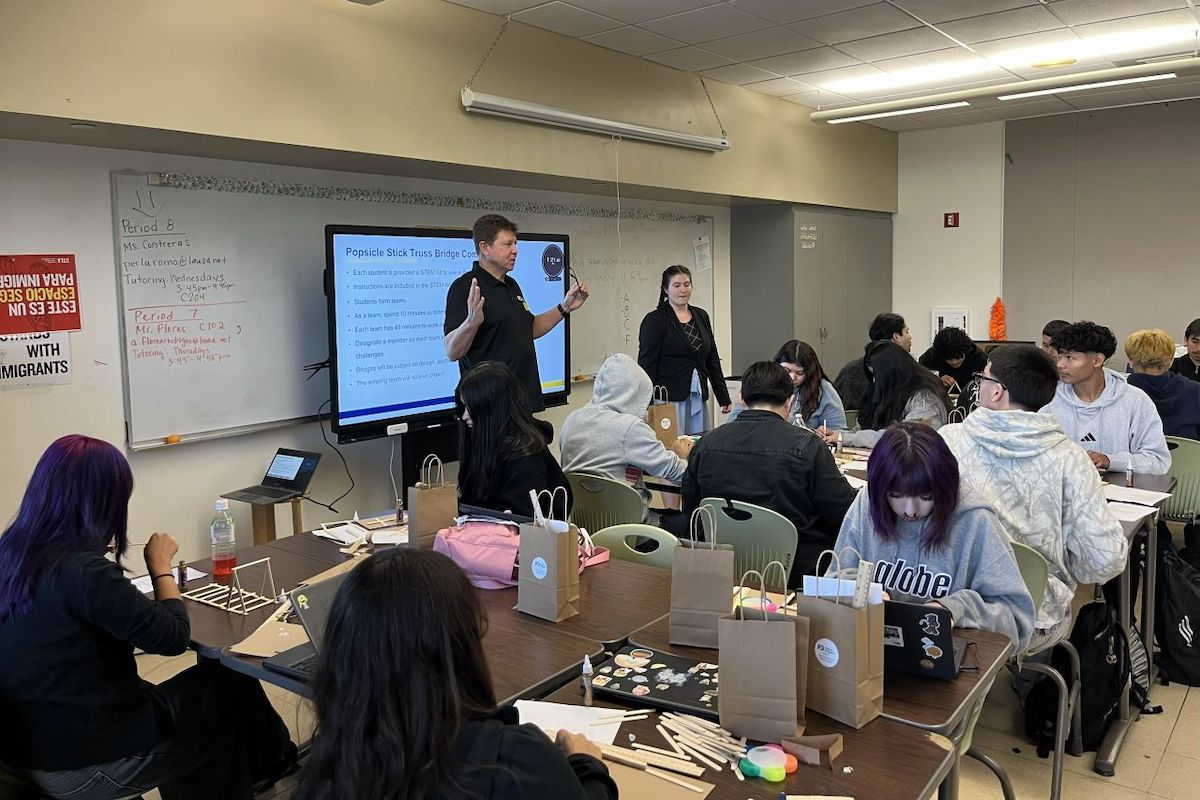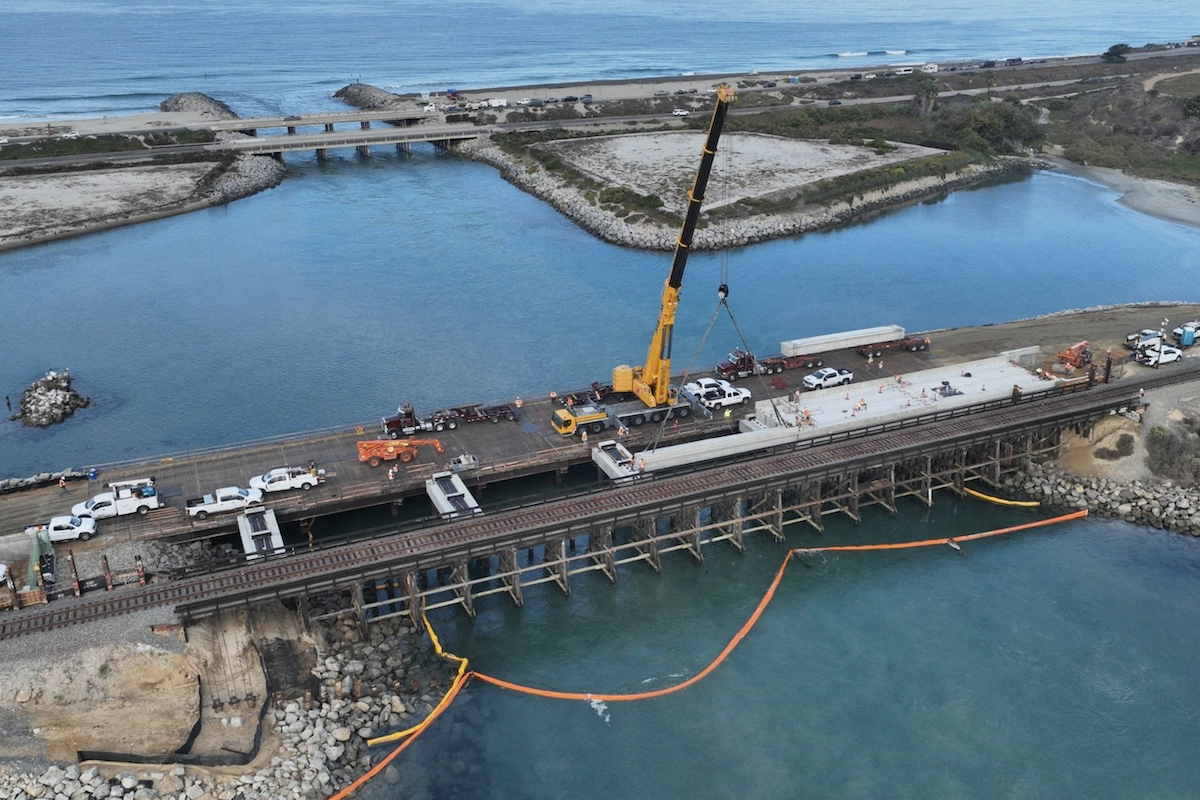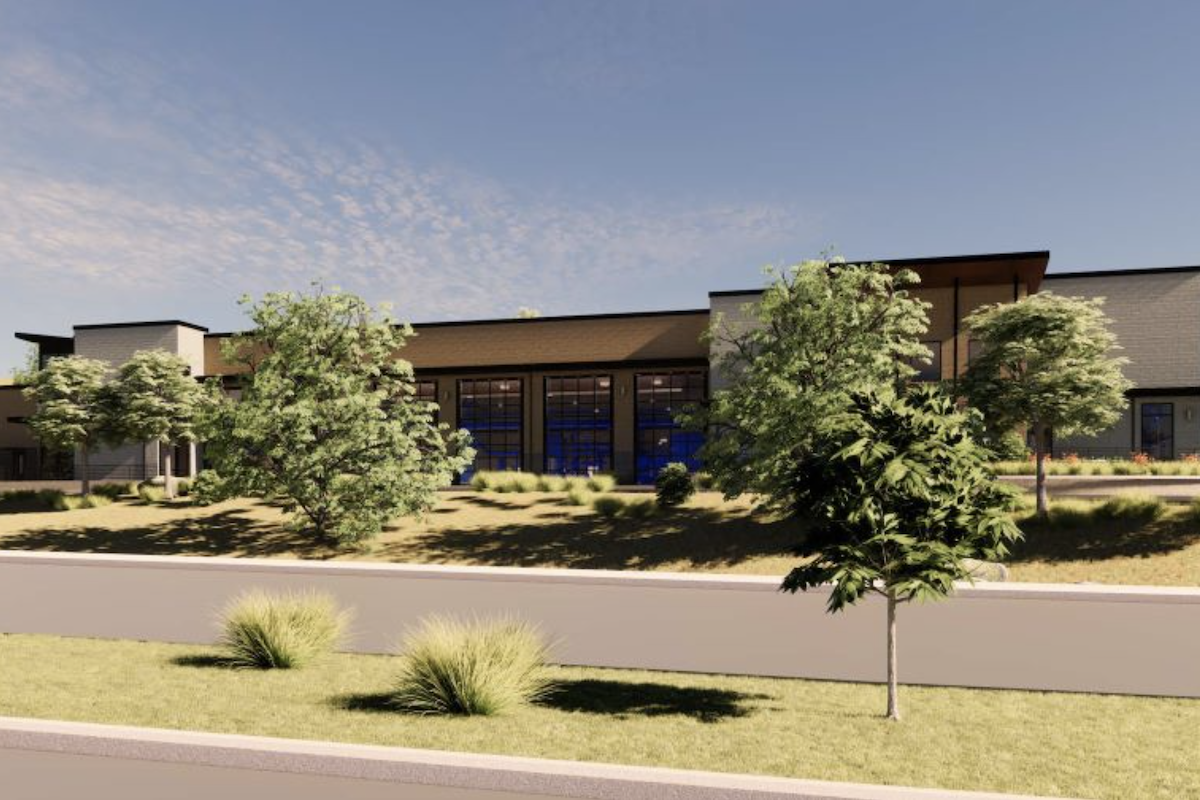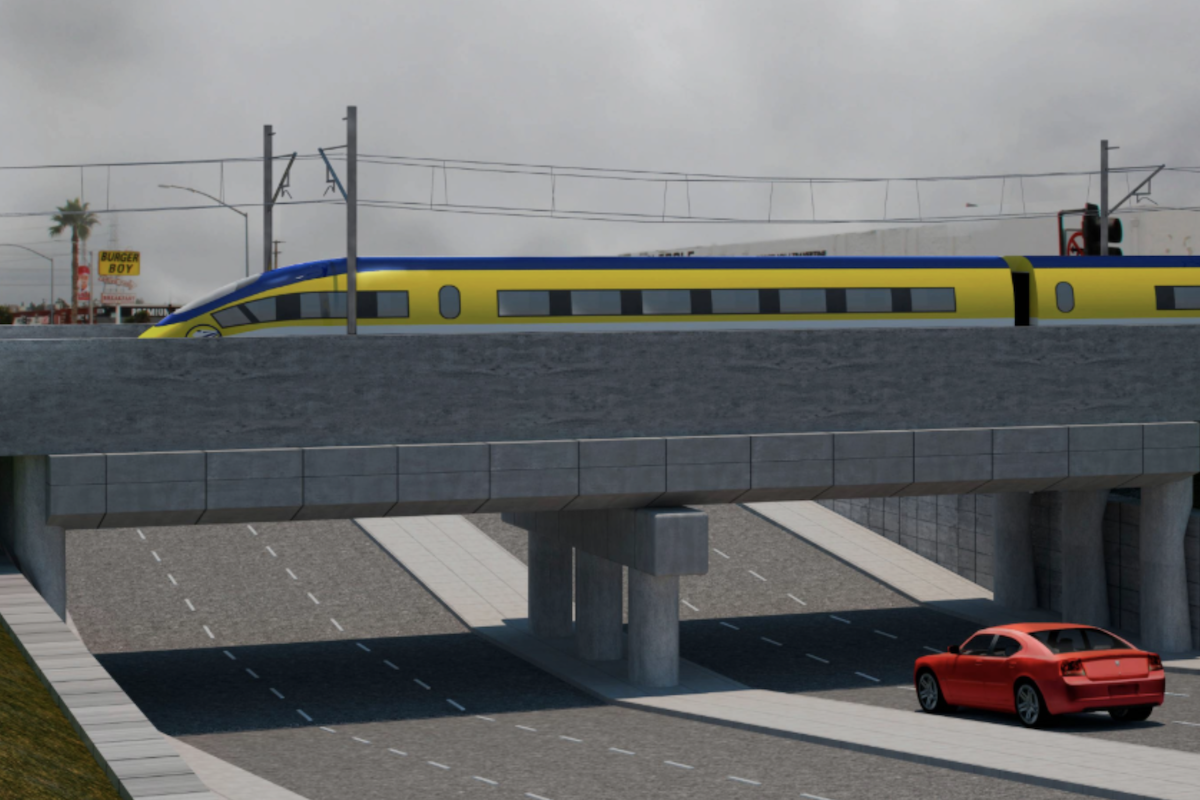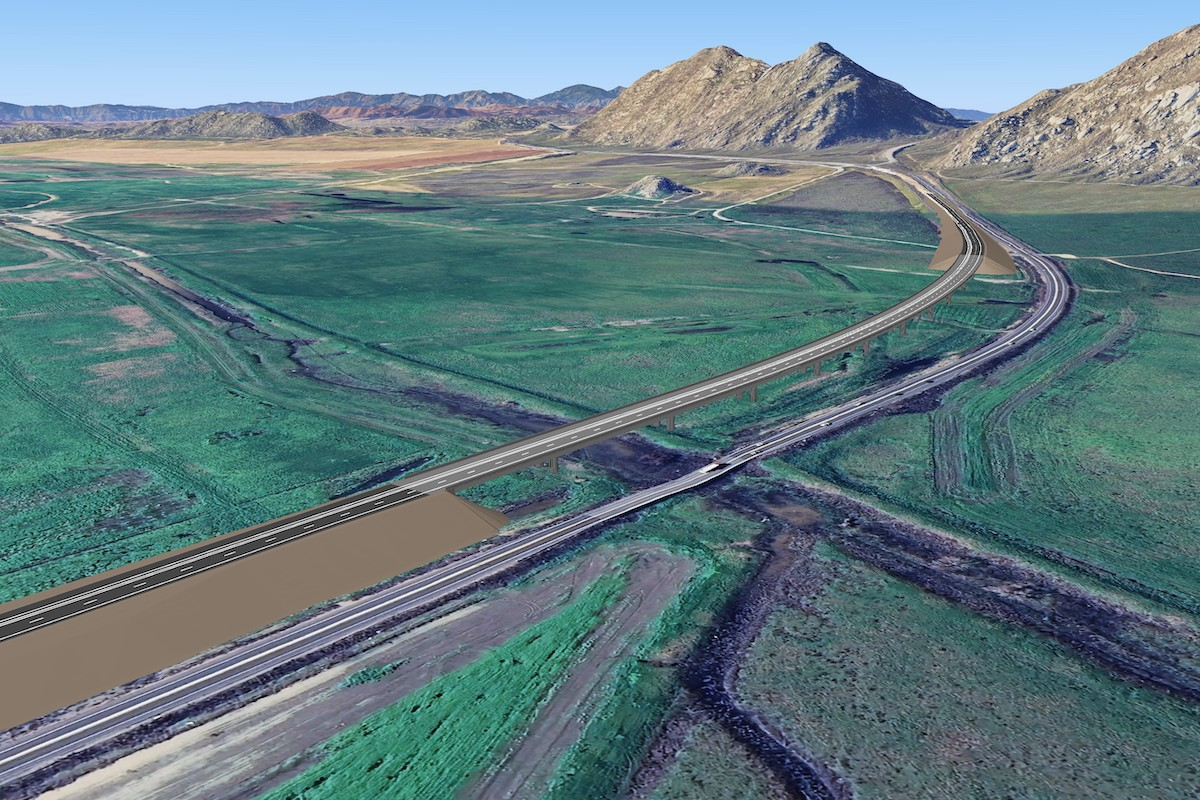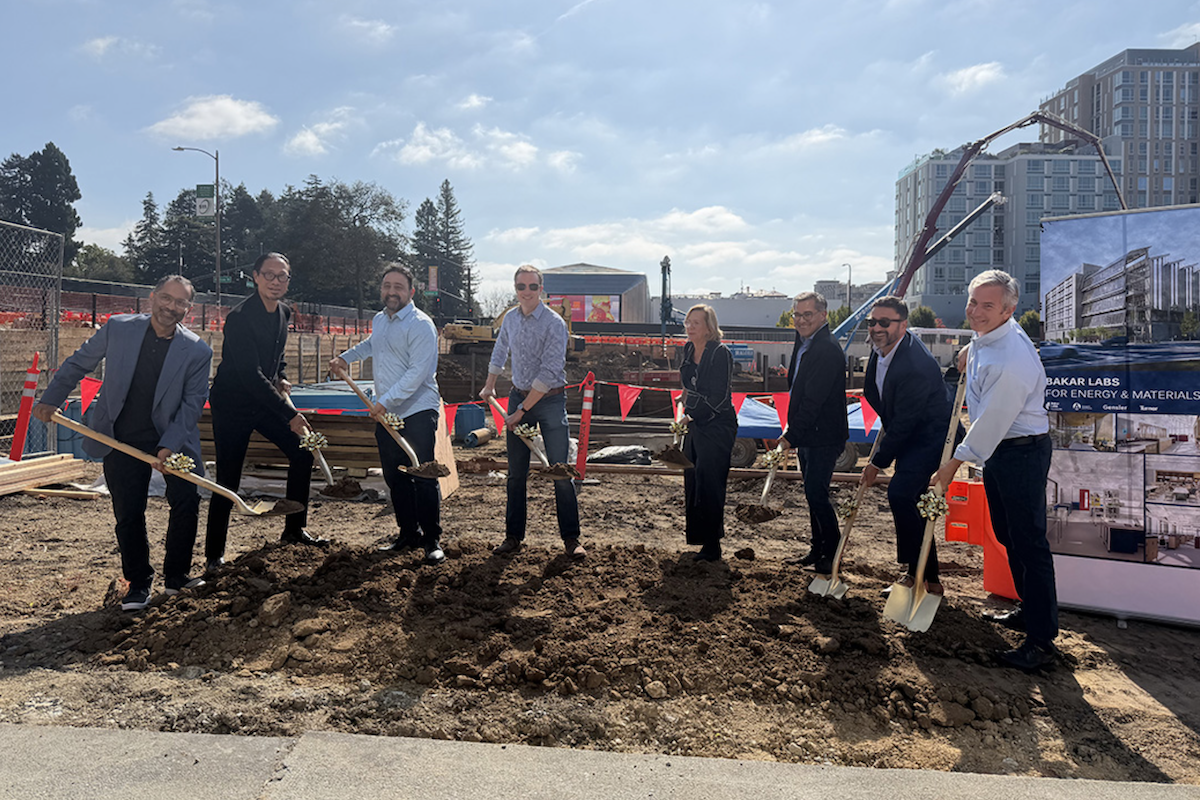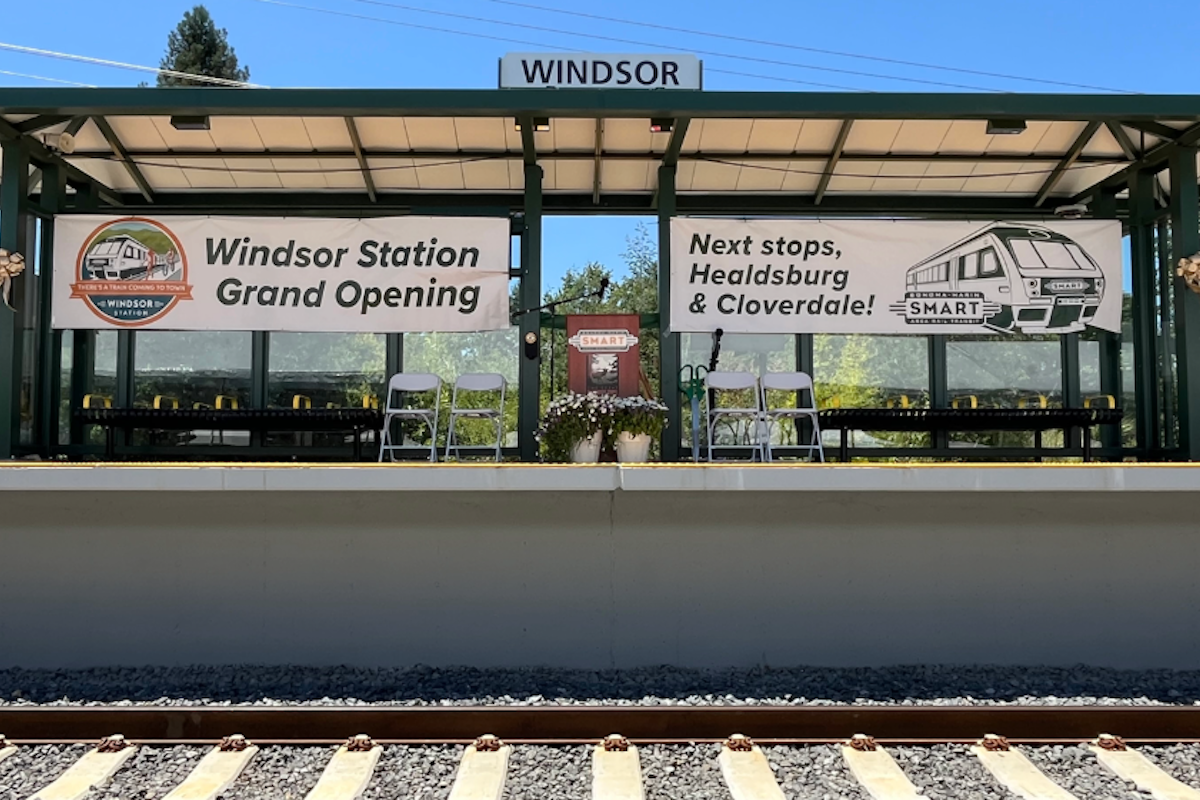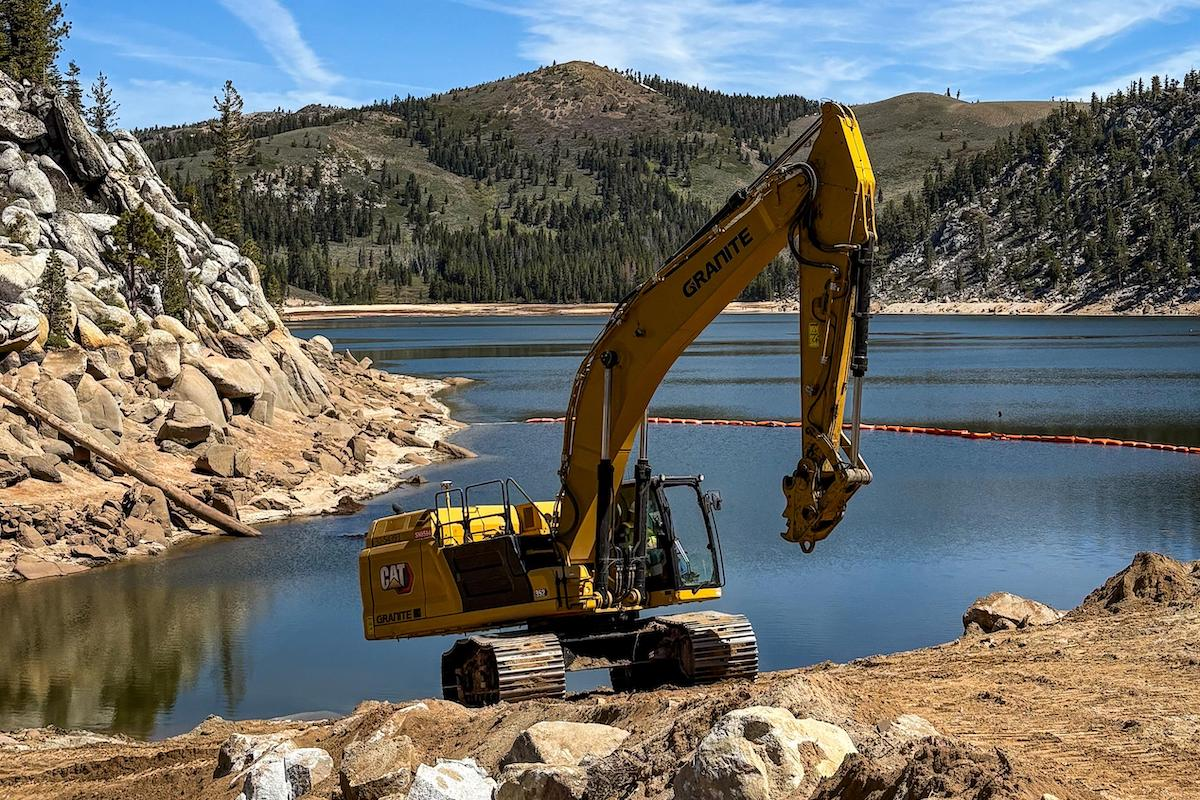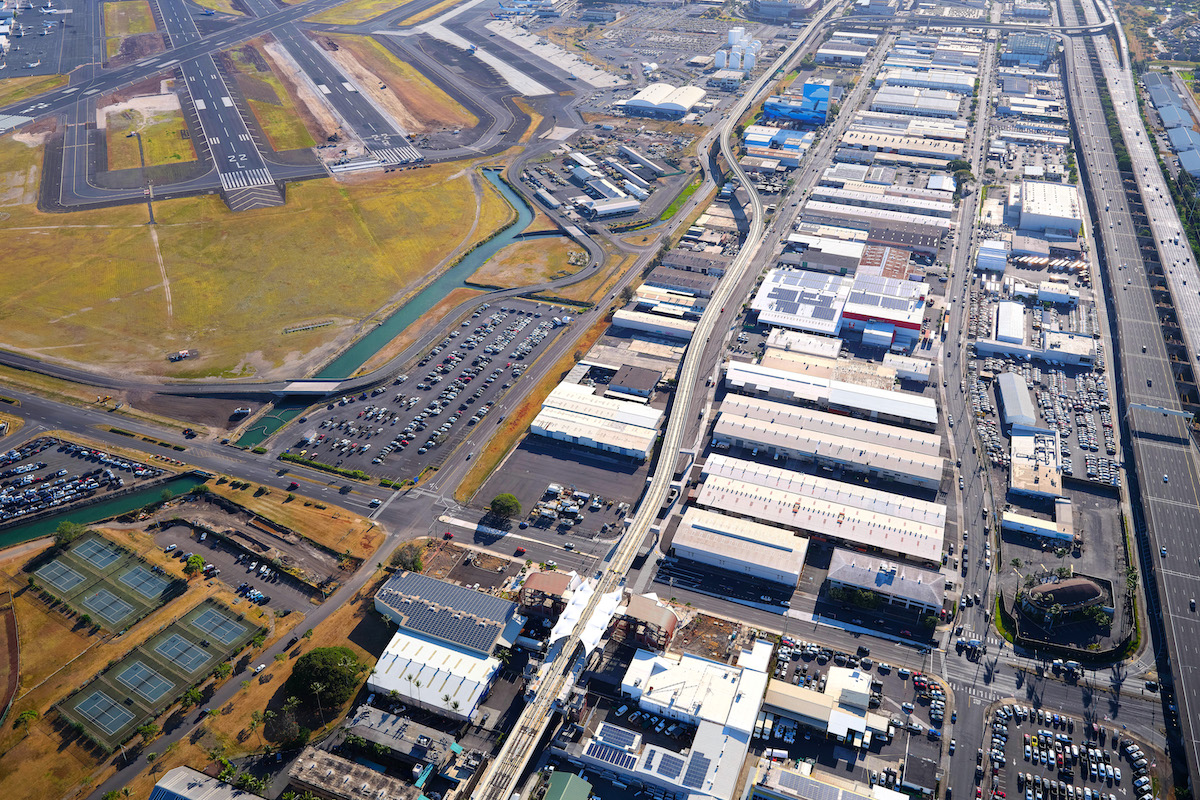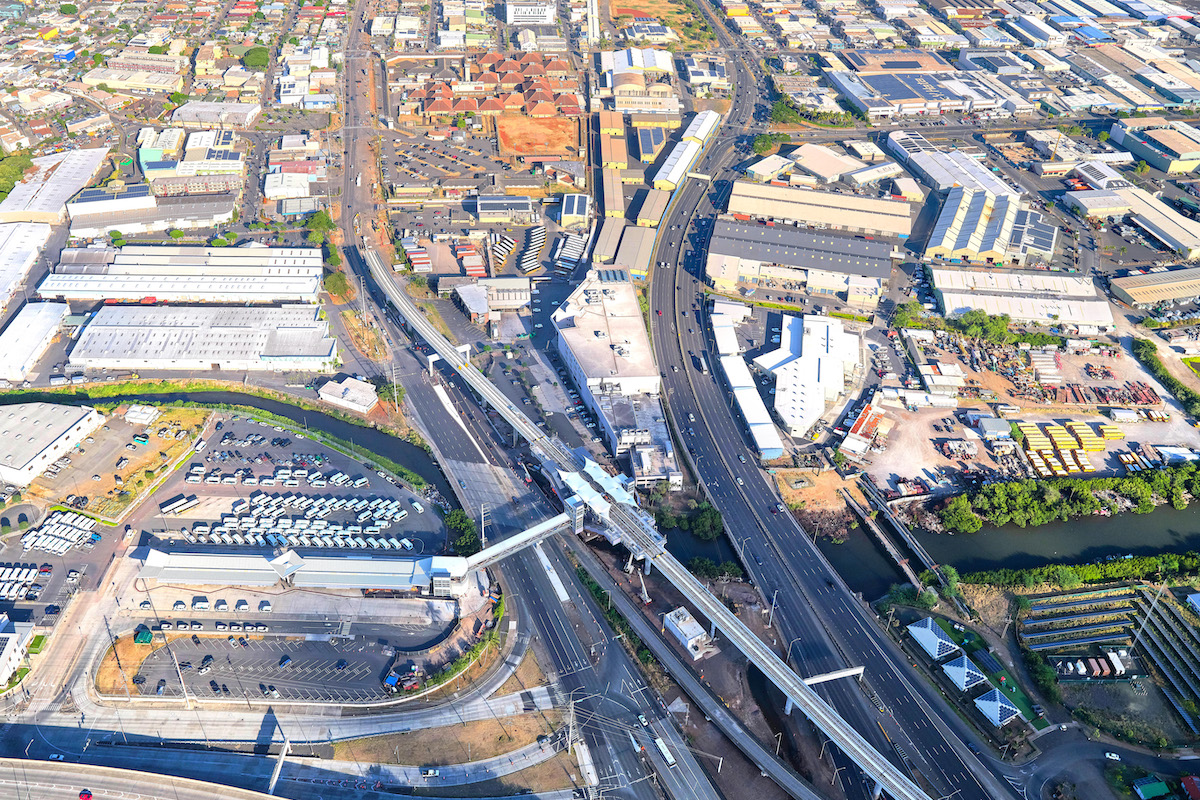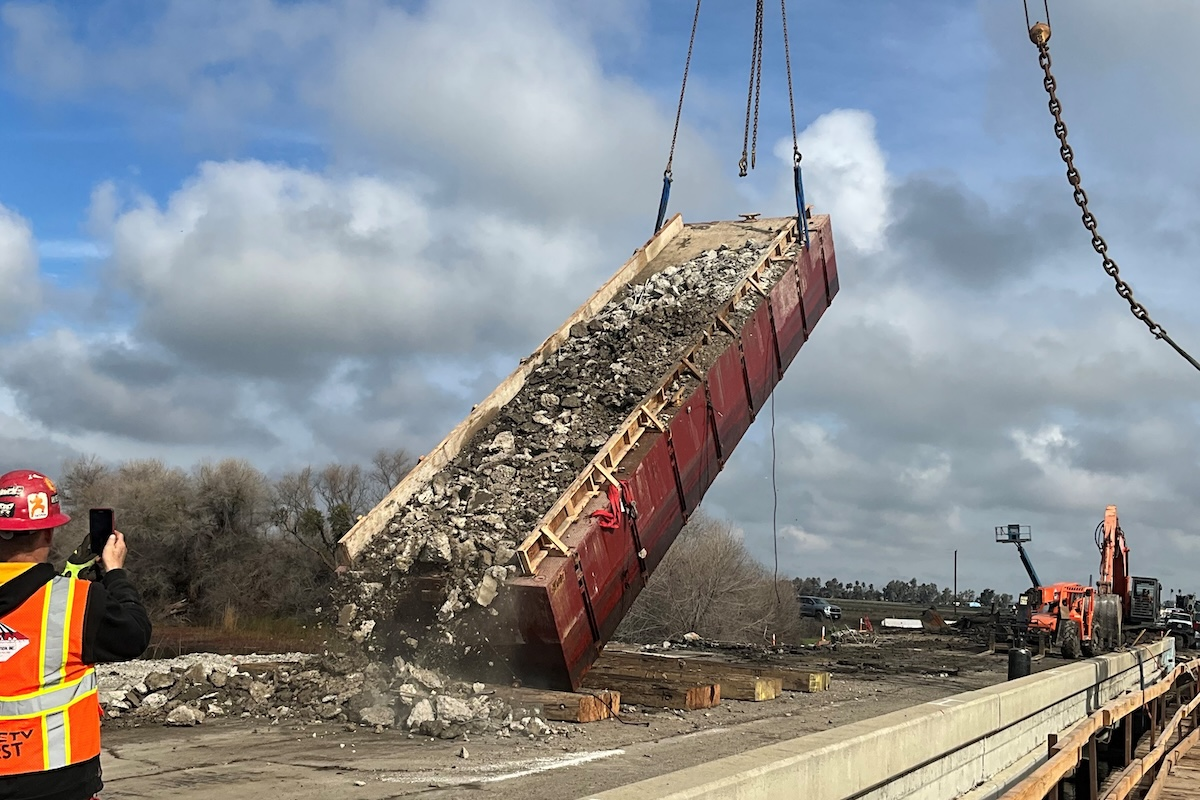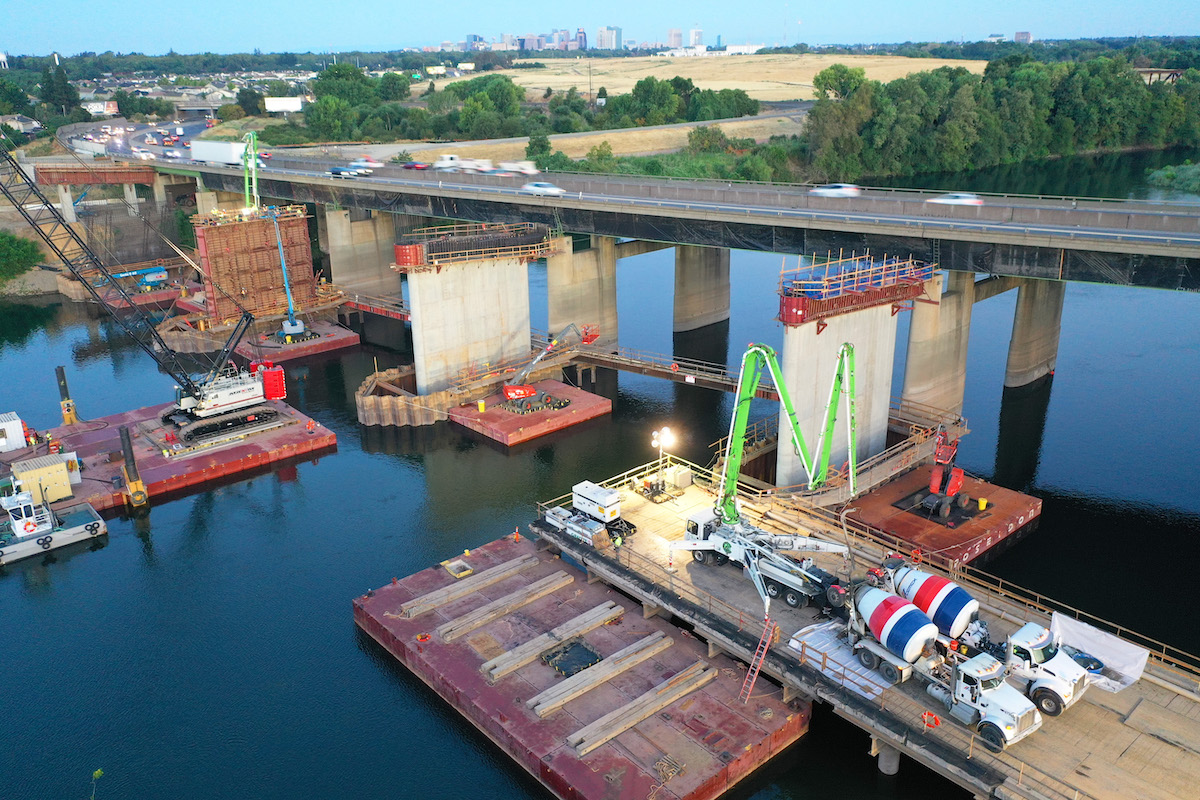I-95 runs along the East Coast of the United States, passing through North Carolina, where several projects are upgrading over 50 miles of the widely used interstate. In the northeast central region of the state, a long-running project covering an 18-mile stretch of I-95 between Dunn and Fayetteville, North Carolina, is under construction.
The stretch of I-95 between Dunn and Fayetteville originally had two lanes in each direction for a total of four. Upon completion of the project, the number of lanes will double to eight.
The average daily traffic on this section of I-95 was 56,000 in 2018 and is expected to reach 74,000 by 2040. When this portion of I-95 was built in 1959, traffic levels were significantly lower.
The interstate constantly experiences traffic. However, it is especially busy during rush hour as commuters travel along this section of I-95 (before transferring to I-40) to get to Raleigh, North Carolina, which continues to grow. In addition to commuter traffic, there is significant truck traffic.
In addition to adding four lanes along the project area (the original lanes are also getting a new asphalt overlay), the team is addressing other elements in the corridor. Other project elements include:

| Your local Gomaco dealer |
|---|
| Terry Equipment |
- Two new bridges replacing undersized existing box culverts
- One new bridge to improve existing traffic movements onto I-295
- Upgrading nine existing bridges
- Widening one bridge
- Combining two bridges into a single bridge
- Creating six new culverts
- Replacing four existing culverts
- Creating seven roundabouts
- Constructing 20 new MSE walls
- Creating four noise walls
Originally, two parallel bridges spanned the Black River. Because of the new formation, there will be one Black River Bridge. The three-span bridge, which is higher than the previous bridges, is approximately 200 feet long. It was built in three phases.
At the time of writing this article, the western part of North Carolina was reeling from the devastating effects of Hurricane Helene. The project area, however, was not impacted. They were not so fortunate in 2018 when Hurricane Florence and Hurricane Matthew hit the area. The double whammy was crushing, and the area experienced significant flooding.
The flooding was particularly bad on the southern end of the project. When the storm hit, two box culverts were overwhelmed. The land is flat in the area, which makes water control more challenging.

| Your local Trimble Construction Division dealer |
|---|
| SITECH Southwest |
| SITECH West |
The flooding also impacted the project design. “The state was determined to implement a design that would prevent or at least reduce the impact of future large rain events,” said Thomas Bowers, a Project Manager with general contractor, S.T. Wooten. The company, along with RK&K, make up the design-build team on the project.
Project construction began in 2019, and the planning documents were developed before the hurricanes hit. It was too late to make changes. Therefore, S.T. Wooten and RK&K came up with a solution.
“We proposed the state build a main line bridge over the box culvert that got overwhelmed by the water,” Bowers said. “Now, everything in that area is elevated 8 feet from the old roadway surface to the new bridge deck, which will help prevent flooding in the future.”
As noted above, the project began in late 2019, i.e. before the COVID-19 pandemic hit the United States and impacted the construction market. Material prices skyrocketed, some items were nearly impossible to get, and the supply chain issues meant wait times for items were lengthy.

| Your local Gomaco dealer |
|---|
| Terry Equipment |
“The price increases on materials were a big challenge to work through,” Bowers said. The North Carolina Department of Transportation (NCDOT) recognized that for the industry to sustain itself, the contractors and their subs needed help.
“They helped contractors working on projects and paid the costs of material escalations,” Bowers said. However, the compensation process was complicated and time-consuming. S.T. Wooten had to justify what they were asking, as well as what their subs requested.
Another challenge that manifested around COVID-19 is the workforce shortage. It had been an issue before and has grown since. The team has struggled to maintain workforce levels at their ideal numbers, according to Bowers. In addition, the workforce is less experienced and requires more training.
The key to keeping the project moving forward despite the staffing challenges is flexibility. “We work within the means we have and adjusted our schedule based on the availability of the workforce,” Bowers said. “It’s another variable, another piece that has to be fit into the puzzle.”

| Your local Gomaco dealer |
|---|
| Terry Equipment |
Another issue or challenge on the project was related to the roundabouts of I-95. S.T. Wooten developed a proposal based on the state’s requirements that included truck aprons. Truck aprons are designed to support the weight of large trucks and help funnel vehicles safely through roundabouts.
After the roundabouts were completed and opened to traffic, the state received complaints from truckers who did not like them. Due to the negative feedback, the state decided to make a change. S.T. Wooten is removing the aprons, which will give truck drivers a wider radius.
The final major challenge of the project is traffic maintenance. The team constructed temporary pavement in the median (previously, there was a grass median between the north and south lanes) and shifted traffic onto it so the outside permanent lane could be built. Later, the traffic was shifted to the finished outside lanes, and the temporary lanes were removed so the permanent lanes in the median could be completed.
After the median was built, traffic was placed in a two-lane pattern on the new lanes so the final layer of asphalt and striping across all lanes could be completed and opened up to four in each direction.

| Your local Gomaco dealer |
|---|
| Terry Equipment |
S.T. Wooten is headquartered less than an hour from the project area. The large contractor, which has been around for over 70 years, works primarily in central and eastern North Carolina. The company specializes in heavy highway, design-build, materials, and commercial site work.
S.T. Wooten has also worked with NCDOT on numerous projects, including a similar project — I-40 in Garner, North Carolina. These elements made S.T. Wooten interested in the project and an ideal choice.
“We have lots of people in the area, and we’re one of the biggest asphalt producers around,” Bowers added. “We do our own earthwork and structures, so we had all the elements that the state was looking for.”
The original construction and design budget was $404 million. However, it grew to $465 million due primarily to the changes noted above: the redesign and construction of roundabouts, material price escalation, and design changes to make the area more flood resistant.

| Your local Gomaco dealer |
|---|
| Terry Equipment |
The project was expected to last five years. Despite the many challenges the team has dealt with, S.T. Wooten is opening 14 miles of the fully expanded I-95 within a timeframe that NCDOT is pleased with. There will be items to knock out on the punch list to complete after the road opens.
The last 4-plus miles are on the southern end of the project, where elements were added after the project was already underway. Bowers expects this section of the project to open in late 2025.
When the more than 18-mile expansion of I-95 is completed, local and regional drivers in the northeast central region will have a route that is less prone to water events. The increased capacity will mean more reliable drive times. It will also increase safety, as emergency vehicles will be able to get to accidents more quickly. In addition, safety incidents will no longer shut down the interstate.






















